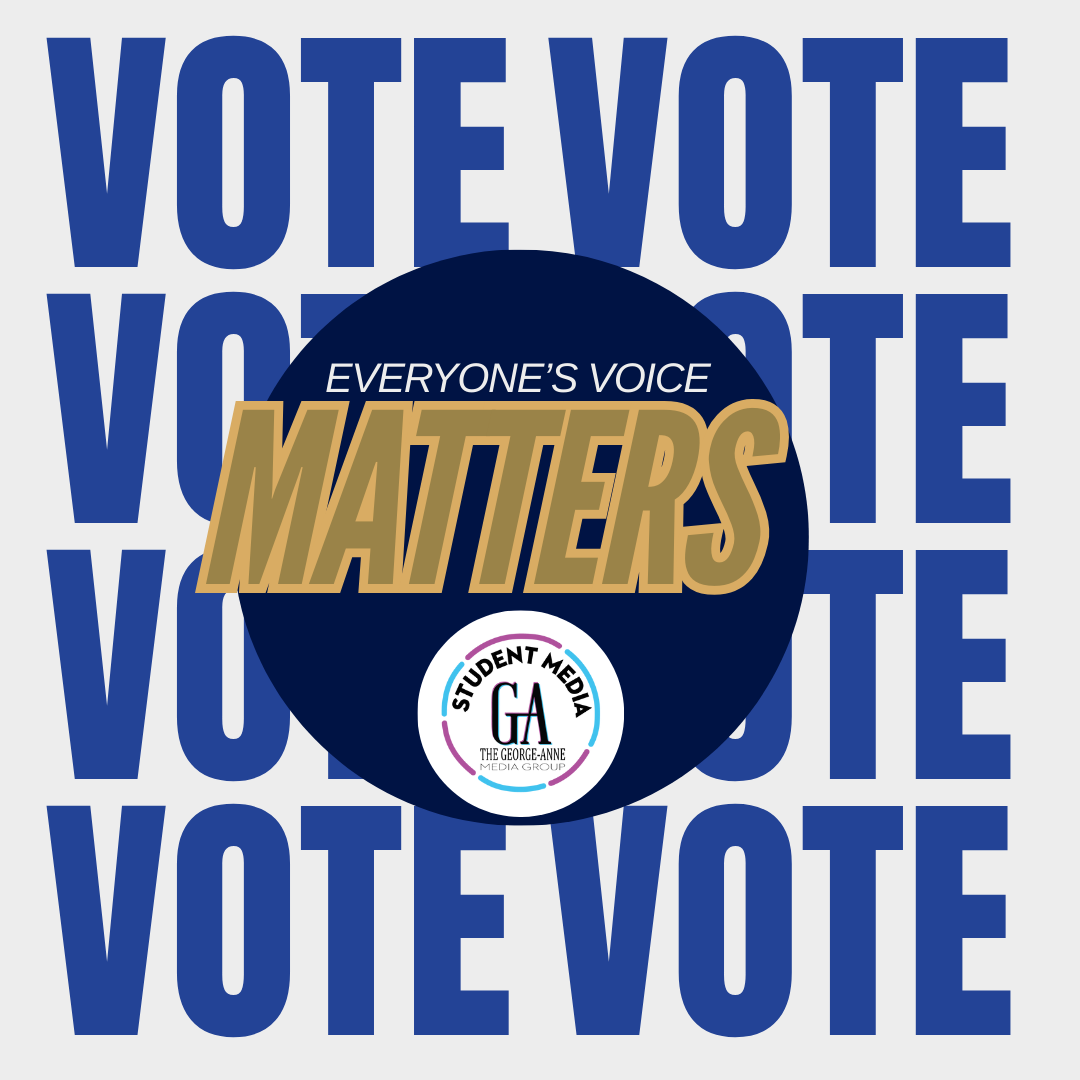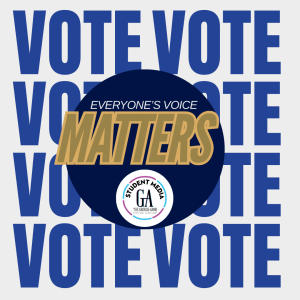A penny for your thoughts
December 1, 2015
Money is the topic on everybody’s mind and for many college students, it can be confusing one. College is the first time for a lot us where we’re responsible for our own money. We have tuition, bills, credit cards, loans, all sorts of things, and learning to juggle the ins and outs isn’t always easy. Dr. Joseph Ruhland, an associate professor of finance here at Georgia Southern, offered some insight into the money madness for young adults.
Q: What would be the number on tip for budgeting in college?
A: I think the biggest tip while you’re in college is probably to be conservation. Particularly if you’re on a job, where you’re hourly or your income is based primarily on tips, assume that your income is usually a little less than what you have and assume your expenses are a little more. So hopefully if things turn out as you expected, you’d have some extra money rather than coming up short.
Q: Many young adults get their first credit cards in college. What exactly is credit?
A: Credit is your ability to borrow money at favorable terms. So the better your credit, the cheaper it’ll be to access borrowed money.
Q: People always say college is the best time to build credit. Is that true?
A: I would agree with that. Part of that credit score is built on how long you’ve had that credit. So the earlier you start, the better it’s ultimately going to be for your score.
Q: Are there concerns students/young adults should be aware when it comes to credit cards?
A: I think that while you’re in college you’re still going to get a fair amount credit card solicitations because credit card companies understand that even though you may not have income right now, there’s still a fairly decent chance your parents will bail you out if you got into trouble with credit cards. So there’s probably no easier time to get access to credit cards than when you’re in college and I think it’s a good idea not necessarily to use them heavily but to have one to use it maybe for a tank of gas or one grocery run a month, and then just pay that balance off.
Q: There are many debates concerning whether to pay credit cards off in full each month or roll over a small sum. Which would you say is the best option?
A: My advice would be to keep your balance relative to your limit as low as possible. Simply running a balance isn’t going to help your credit score, so paying off every month is the cheapest and I would say most effective way to positively build your credit score.
Q: What about rumors that you should only spend a portion of your credit limit each month otherwise it hurts your credit score?
A: The credit scoring companies do look at the ratio of how much of your line of credit you have used, so how much proportion of your limit that you’ve spent. They keep that formula pretty secret so I can’t say for sure the magic number is keeping it below 50 percent or 40 percent . . . But generally speaking, the lower portion of your limit you can use, the better.
Q: Many students have to take out loans to pay their way through school. What advice would you have concerning loans and lenders?
A: I would try to limit the amount that you borrow specifically to your school-related expenses. Often time lenders will be willing to offer you enough in loans to offer you a pretty comfortable lifestyle, more than you need, so just because someone will lend you the money doesn’t mean you should take it.
Q: Interest and interest rates are a big deal when it comes to student loans. What exactly is interest?
A: The cost to borrow money that is not yours.
Q: Do you have any advice regarding student loans and interest?
A: Credit unions can be a good course of loan proceeds. Credit unions are nonprofit financial institutions that are owned by their members and, because of their nonprofit status and not having to answer to stockholders, a lot of times they’re going to offer lower rates than other institutions might be able to do.
Q: What exactly is the difference between a credit union and a bank?
A: A credit union is going to be member-owned and its mission is to serve its membership, whereas a bank is going to be either owned by shareholders or individuals and the mission of a bank is going to be to maximize profits to its owners.
Q: Are there any tools you recommend for budgeting?
A: Excel is a very good tool, if you can use it. There’s some pre-packaged websites like Mint.com that has a very good budgeting feature and it’s free to use. And that also incorporates all the existing information from your bank accounts so you don’t have to retype a lot of stuff. You can set budget goals and it will e-mail you alerts when you’re getting close to your budget of the month for a particular category.
Q: What’s something you want to warn students about when it comes to budgeting?
A: I have seen a lot of students fail because they’ve gotten themselves in a position where they have these big monthly bills, whether it be a big monthly car payment or something beyond what they might need, and then they’re working 40+ hours a week and suffering in school, failing classes, and then having to pay that tuition back, and it’s kind of a vicious cycle that’s hard to get out of.
Q: Do you have any tips for earning money in college?
A: Graduate assistantships. A lot of graduate programs, in exchange for working a fixed number of hours per week so maybe 20 hours per week, you’re offered reduced or free tuition as well as a stipend, so if you’re not ready for the real world yet, it’s a nice transition.
Q: Do you have any tips for saving money in college?
A: I think if you can have accounts set up where part of your paycheck flows into an account that you don’t necessarily have ATM access for or checks you’re carrying for, to make the money that much harder to get too. If it’s taken out of your check, you never miss it in the first place. So direct deposit to a separate account.








